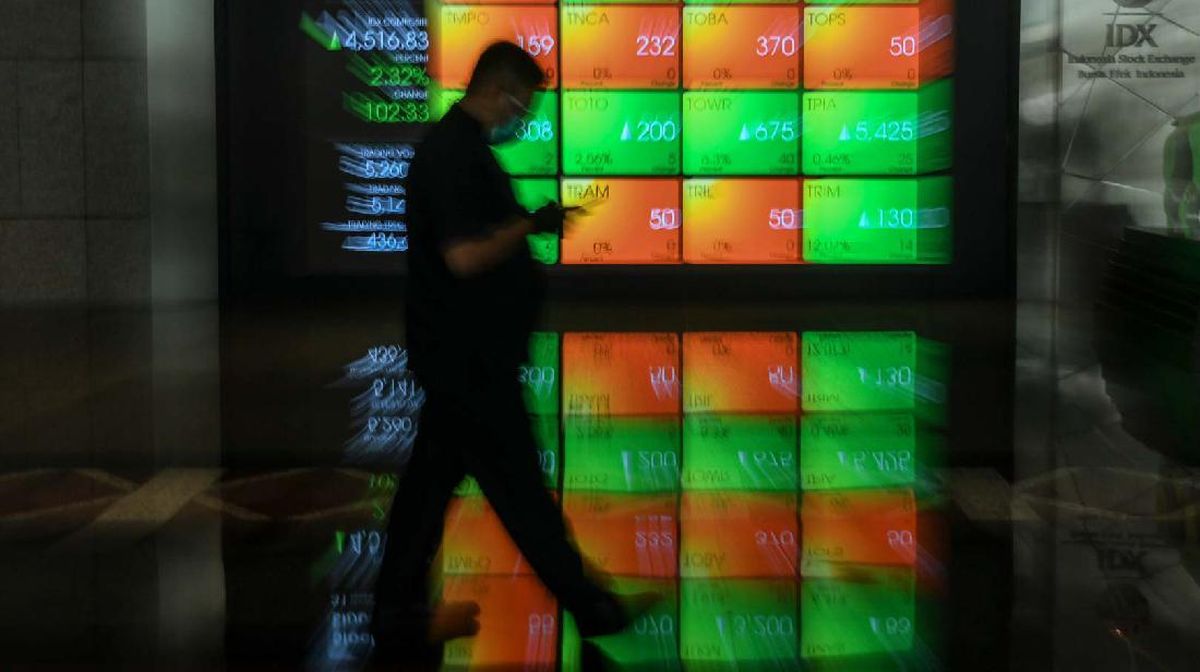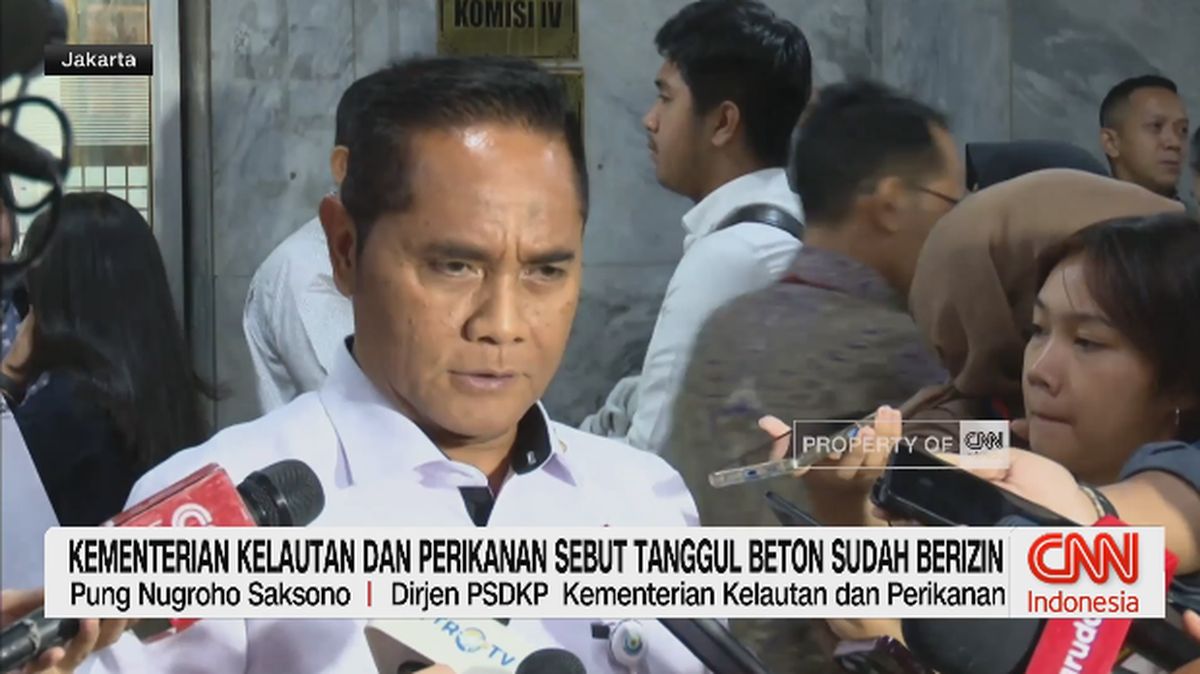By Alex Veiga
July 9, 2025 — 6.06am
The Australian sharemarket is set to slide on opening following the Reserve Bank’s surprise decision to hold interest rates steady, a move that caught many traders and economists who had anticipated a cut in rates off guard.
Futures are pointing to a slight 14 point fall in the S&P/ASX 200 of 0.16 per cent on opening and the Australian dollar, propelled higher against the US dollar immediately after the Reserve’s decision, was up 0.52 per cent to US65.25¢ at 5.45am AEDT.
Stock indexes in the US were mixed in afternoon trading Tuesday, coming off a broad sell-off following the Trump administration’s decision to impose new import tariffs set to go into effect next month on more than a dozen nations.

The Australian dollar was higher against the US currency immediately after the Reserve Bank’s surprise decision to hold rates steady.Credit: Louie Douvis
The S&P 500 was up 0.1 per cent a day after posting its biggest drop since June. The benchmark index remains near its all-time high set last week. The Dow Jones Industrial Average was down 116 points, or 0.3 per cent, and the Nasdaq composite was 0.2 per cent higher.
On Monday, President Donald Trump set a 25 per cent tax on goods imported from Japan and South Korea and new tariff rates on a dozen other nations scheduled to go into effect on August 1.
Loading
Trump provided notice by posting letters on Truth Social that were addressed to the leaders of the various countries. The letters warned them to not retaliate by increasing their own import taxes, or else the Trump administration would further increase tariffs.
Just before hefty US tariffs on goods imported from nearly every country around the globe were to take effect in April, Trump postponed the levies for 90 days in hopes that foreign governments would be more willing to strike new trade deals. That 90-day negotiating period was set to expire before Wednesday.
With the tariffs set to kick in now on August 1, the latest move by the White House amounts to essentially a four-week extension of its previous 90-day pause, wrote Tobin Marcus, an analyst at Wolfe Research.
“At a very basic level, nothing actually happened based on Trump sending these letters, so there’s no reason to panic over headlines,” he wrote. “But we think these moves do contain some signal about where the trade war is heading, and that signal is mostly hawkish.”
During a cabinet meeting Tuesday, Trump said he would be announcing tariffs on pharmaceutical drugs at a “very, very high rate, like 200 per cent.” He also said he would sign an executive order placing a 50 per cent tariff on copper imports, matching the rates charged on steel and aluminum.
Shares in mining company Freeport-McMoRan were up 4.6 per cent following Trump’s remarks. The price of copper was up 8.7 per cent to $US5.47 ($8.38) per pound.
This latest phase in the trade war heightens the threat of potentially more severe tariffs that’s been hanging over the global economy. Higher taxes on imported goods could hinder economic growth, if not increase recession risks.
Gains among health care and technology stocks helped outweigh a pullback in banks and other sectors.
Intel jumped 7.7 per cent and Eli Lilly and Co. was 1.1 per cent higher. JPMorgan was down 3.1 per cent and Bank of America fell 2.7 per cent.
Loading
Amazon shares fell 1.2 per cent as the online retail giant kicked off Prime Day, which, beginning this year, lasts four days. Amazon launched the membership sales event in 2015 and expanded it to two days in 2019.
Bond yields rose. The yield on the 10-year Treasury increased to 4.42 per cent from 4.39 per cent late Monday.
The downbeat start to the week follows a strong run for stocks, which pushed further into record heights last week after a better-than-expected US jobs report.
In stock markets overseas, indexes rose across much of Europe and Asia. In two of the bigger moves, South Korea’s Kospi surged 1.8 per cent, and Hong Kong’s Hang Seng index climbed 1.1 per cent.
US benchmark crude was up 0.8 per cent, while Brent crude, the international standard, was up 1.1 per cent.
The National Federation of Independent Business reported Tuesday that its small business optimism index fell slightly last month, in line with analysts’ expectations. The index tracks how small firms view the US economy and their business prospects.
On Wednesday the Federal Reserve will release minutes from its policymaking committee’s meeting last month. The Fed’s chair, Jerome Powell, has said the central bank wants to wait and see how Trump’s tariffs affect the economy and inflation before making its next move on interest rates.
The Market Recap newsletter is a wrap of the day’s trading. Get it each weekday afternoon.
Most Viewed in Business
Loading


















































